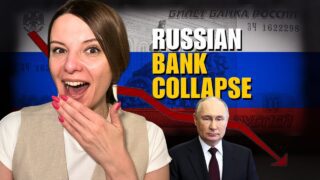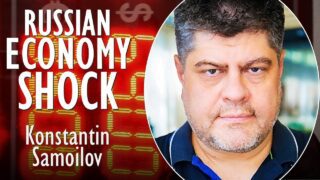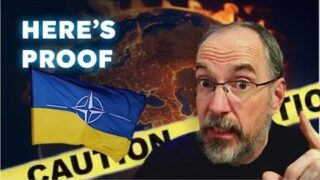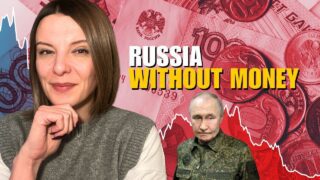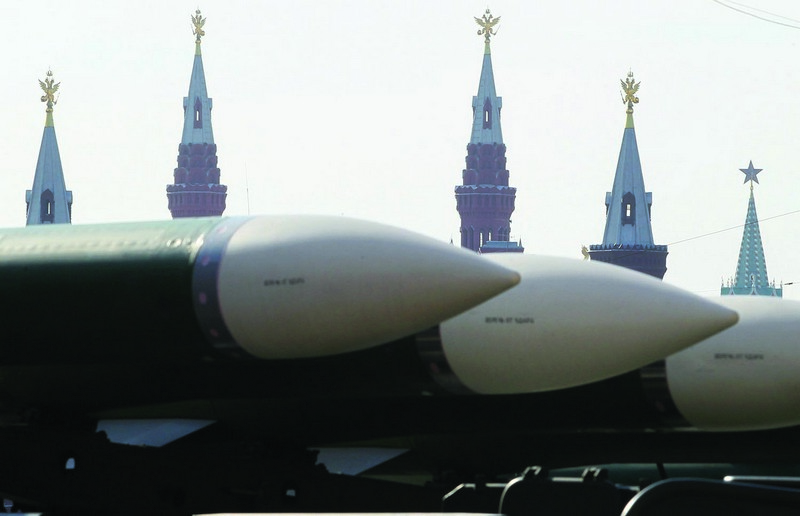
Russia’s secret $ 250B war fund threatens economic collapse, ex-Bank of America vice chairman says
Russia has been secretly funding nearly half its war costs through a massive off-budget financing scheme that forced banks to provide risky loans to defense contractors, potentially setting the stage for a systemic credit crisis, according to an analysis published on Navigating Russia, a Substack newsletter by Craig Kennedy, former Morgan Stanley and Bank of America Merrill Lynch vice chairman.
The scheme, launched the day after Russia invaded Ukraine, has generated between $210 billion and $250 billion in compulsory bank loans to defense-related businesses, matching the size of Russia’s official defense budget. These loans were often extended to companies with poor credit ratings on preferential terms dictated by the state.
“Unlike its federal defense budget expenditures, which remain at sustainable levels, Russia’s off-budget funding scheme is proving much more problematic to sustain,” writes Kennedy, who now researches Russia’s economy at Harvard’s Davis Center.
The hidden financing has driven corporate borrowing up by 71% since mid-2022, reaching $415 billion or 19.4% of GDP. This surge has become the main driver of inflation, pushing interest rates above 21% for regular businesses and creating what Kennedy calls “preconditions for a systemic credit crisis.”
By late 2024, the Kremlin had become increasingly concerned about the risks, including potential bank failures and corporate defaults. The report suggests that this vulnerability could provide unexpected leverage for Ukraine and its allies in negotiations.
“Moscow now faces a dilemma: the longer it puts off a ceasefire, the greater the risk that credit events—such as corporate and bank bailouts—uncontrollably arise and weaken Moscow’s negotiating leverage,” Kennedy notes.
The report recommends Western allies maintain firm positions on sanctions relief while demonstrating their resolve to support Ukraine with additional funding and arms, putting further pressure on Russia’s stressed financial system.
Read more:




